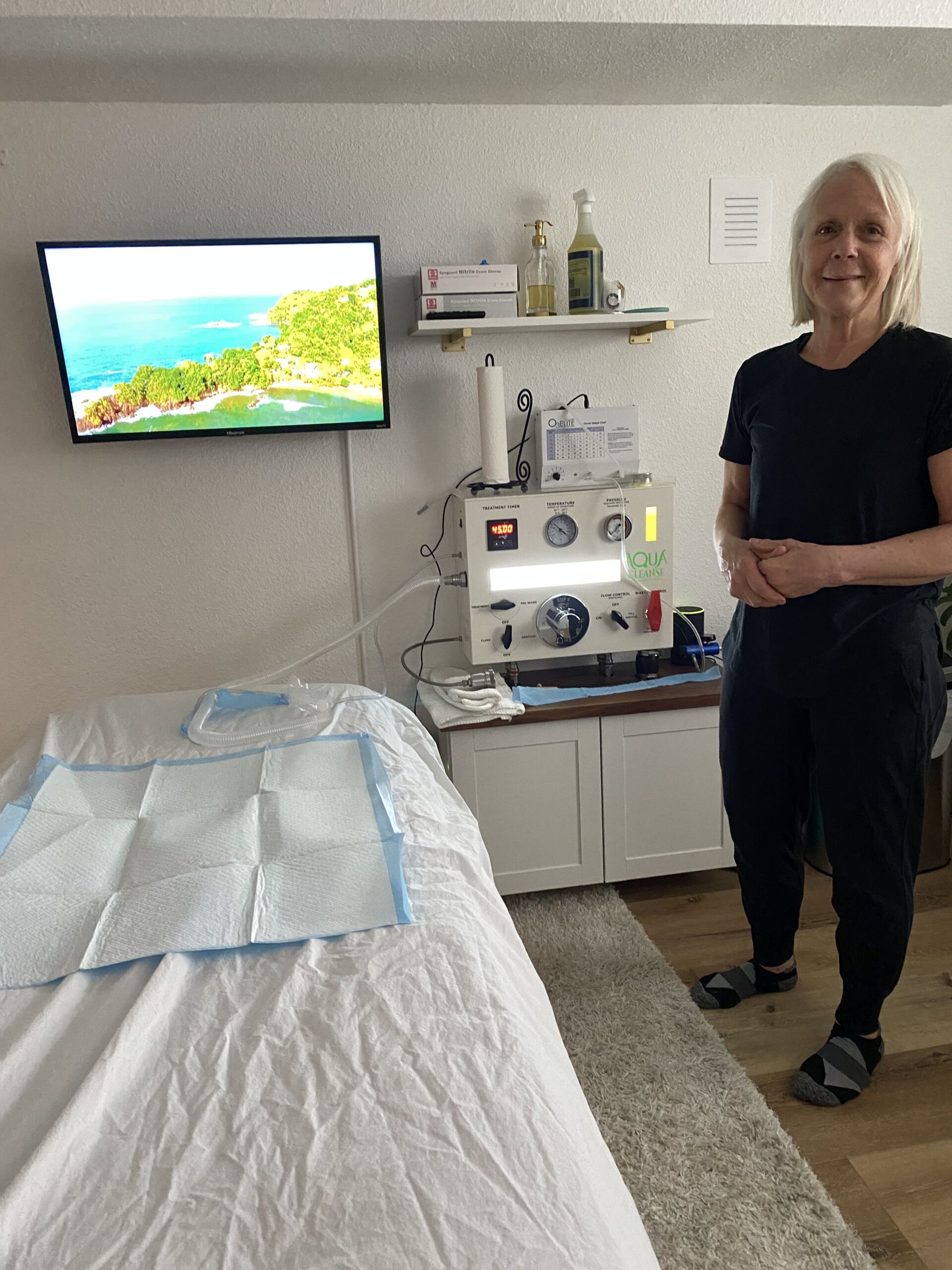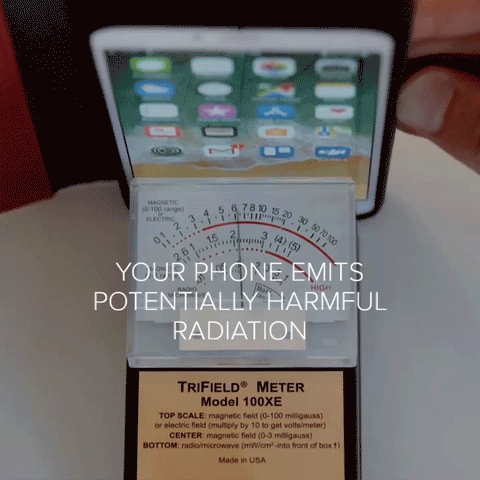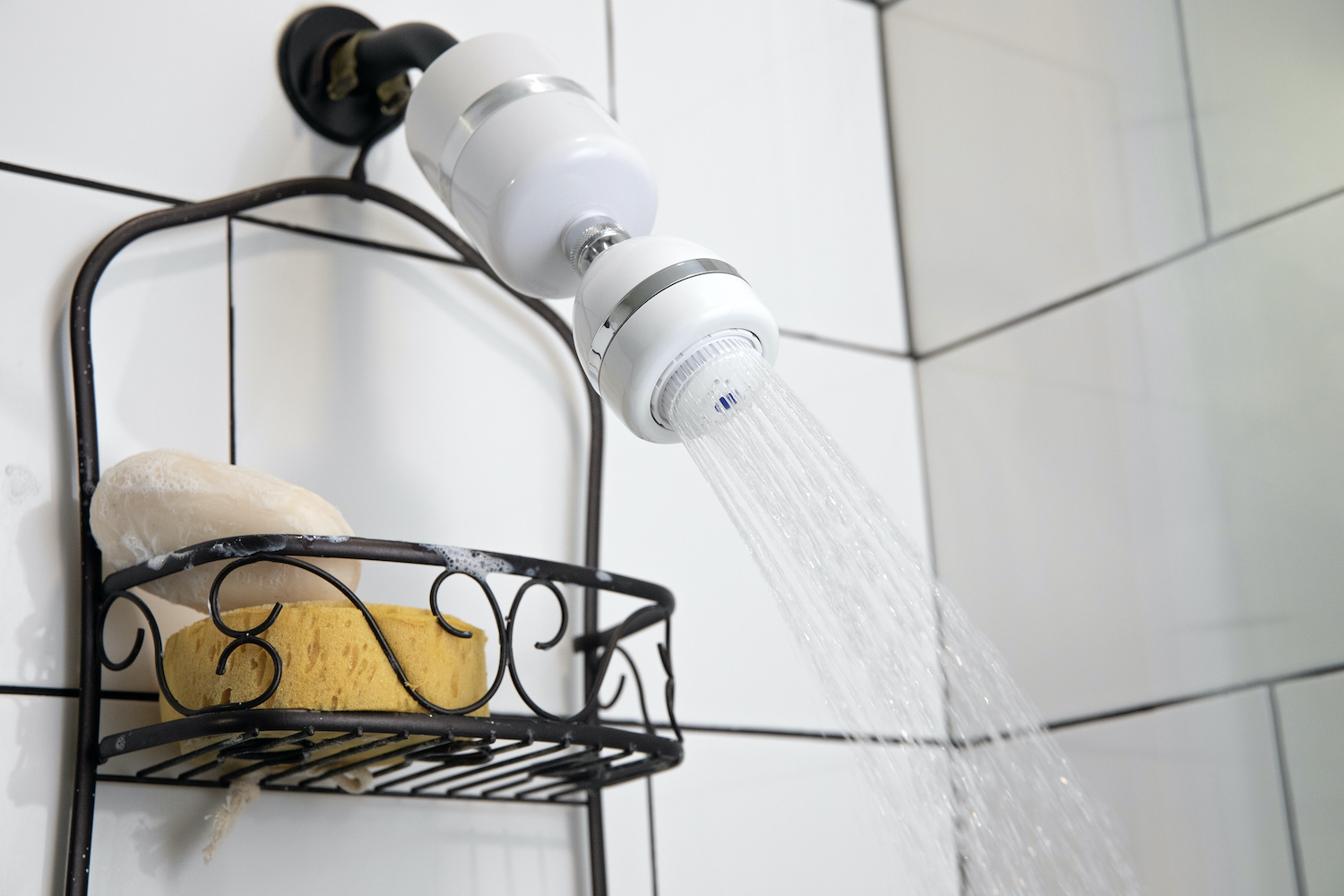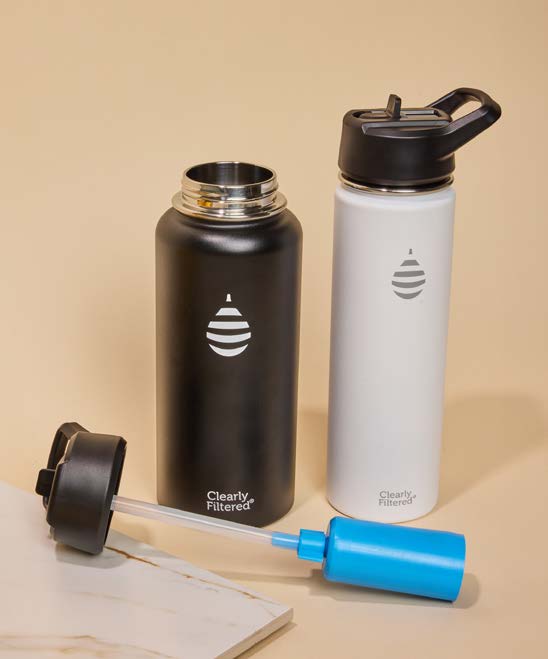Common Myths About Colorectal Cancer and Prepping for a Colonoscopy

March is National Colorectal Awareness Month
March is Colon Cancer Awareness Month, and as I’m getting ready for my annual colonoscopy, I wanted to share a few things with you. For those of you that don’t know, colon cancer is the second leading cause of death among men and women combined in the United States. It used to be that colon cancer was mainly found in those over 50, but we at Believe, Big have personally seen a rise in those, even in their twenties and younger.
Recommendations say to start at age 45, but we would suggest talking to your integrative practitioner and consider starting earlier with even a non-invasive test like a Cologuard . If you have a family history, your first colonoscopy should be 10 years prior to the family member’s diagnosis. So for example, I was diagnosed at 37, so each of my kids will have their first colonoscopy at 27 years old because they have a family history, they are unable to do the at-home test like Cologuard.
Here are some symptoms for you to look out for:
- Ongoing changes in bowel habits.
- Stools that are narrower than.
- Feeling very weak and fatigued.
- Rectal bleeding blood in the stool or black stool.
- Weight loss for unknown reason.
- Frequent gas pains, cramping, or feeling of fullness.
Prepping for A Colonoscopy
As I’m prepping for my colonoscopy, I wanted to share with you a few things that I’ve learned over the years. The first is to speak to your integrative practitioner about alternative preps. Consider avoiding the usual bowel prep as it wipes out all of the good bacteria from your gut. It would then take about a year to restore it, and we need it for immune function our hormone regulation and more. Out of all the conventional preps that are out there, the magnesium citrate seems to be the least destructive. Though I have found that all of them contain artificial coloring and sweeteners, which I’m actually allergic to.
I now use a combination of drinking calm without the calcium. The day before your colonoscopy,  begins taking “Calm” magnesium citrate powder (make sure doesn’t contains calcium!), 1 tsp every 4 hours until you reach bowel tolerance—loose, watery stools. Keep your
begins taking “Calm” magnesium citrate powder (make sure doesn’t contains calcium!), 1 tsp every 4 hours until you reach bowel tolerance—loose, watery stools. Keep your  hydration up and move your diet to a liquid only consisting of water and bone broth two days before. I’ve tried many and my favorite is Denver Bone Broth.
hydration up and move your diet to a liquid only consisting of water and bone broth two days before. I’ve tried many and my favorite is Denver Bone Broth.
Then I do colon hydrotherapy. We are going to be doing a podcast about this very soon, stay tuned. I struggled for years with my gut, and I realized a few years back that it was my conventional prep that was hurting me. Always be your own advocate and please tag and share this with those you love.

Colon cancer is the second deadliest cancer.
However, there are quite a few myths surrounding colon and rectal cancer that prevent people from getting tested.
Myth #1: “It only happens to men.”
The truth: The overall lifetime risk of developing colorectal cancer for women (1 in 24) is only slightly lower than it is for men (1 in 22). Age is a much bigger risk factor than sex.
Myth #2: “I’m too young to get colon cancer.”
The truth: While it’s true that more than 9 out of 10 instances of colorectal cancer occur in people over the age of 50, the American Cancer Society recently changed their guidelines to recommend screenings starting earlier, at age 45. This is due to a sharp rise in the number of young adults diagnosed with colon cancer each year.
Myth #3: “Colonoscopies are painful.”
The truth: Colonoscopy is a common test familiar to many but not well known by all patients. Sure, it’s not exactly pleasant, but it’s not as bad as you think. For starters, most people only need one every 10 years.
To prepare for the procedure, you’ll have to avoid solid foods and take a bowel-cleaning substance the day before the procedure to clear your colon. During the procedure, you’ll receive a sedating medication to make you more comfortable, and most people can return to their normal activities that same day. All in all, the hassle is worth it. Precancerous polyps can be removed during the procedure, which is much easier than treating late-stage colon cancer, which may involve surgery, radiation therapy, or chemotherapy.
Myth #4: “Colonoscopies are dangerous.”
The truth: A colonoscopy is a medical procedure, so yes, complications are possible. Rarely, a colonoscopy can create tears in the colon or trigger diverticulitis, an infection of the pouches inside the colon wall. Overall, the complication rate is estimated to be less than 1% for all complications. Your doctor will discuss these risks with you before the procedure, but in most cases, the potential benefits outweigh the potential risks.
If you’re still anxious about having a colonoscopy done after talking with your doctor, there are other tests used to screen for colon cancer. While a colonoscopy is still the most accurate test available, you may be more comfortable with a fecal blood test (FOBT) performed every 1 or 2 years, or a sigmoidoscopy, which is similar to a colonoscopy but is less intensive.
myths source: https://www.floridamedicalclinic.com/blog/colon-cancer-awareness/
Believe Big




